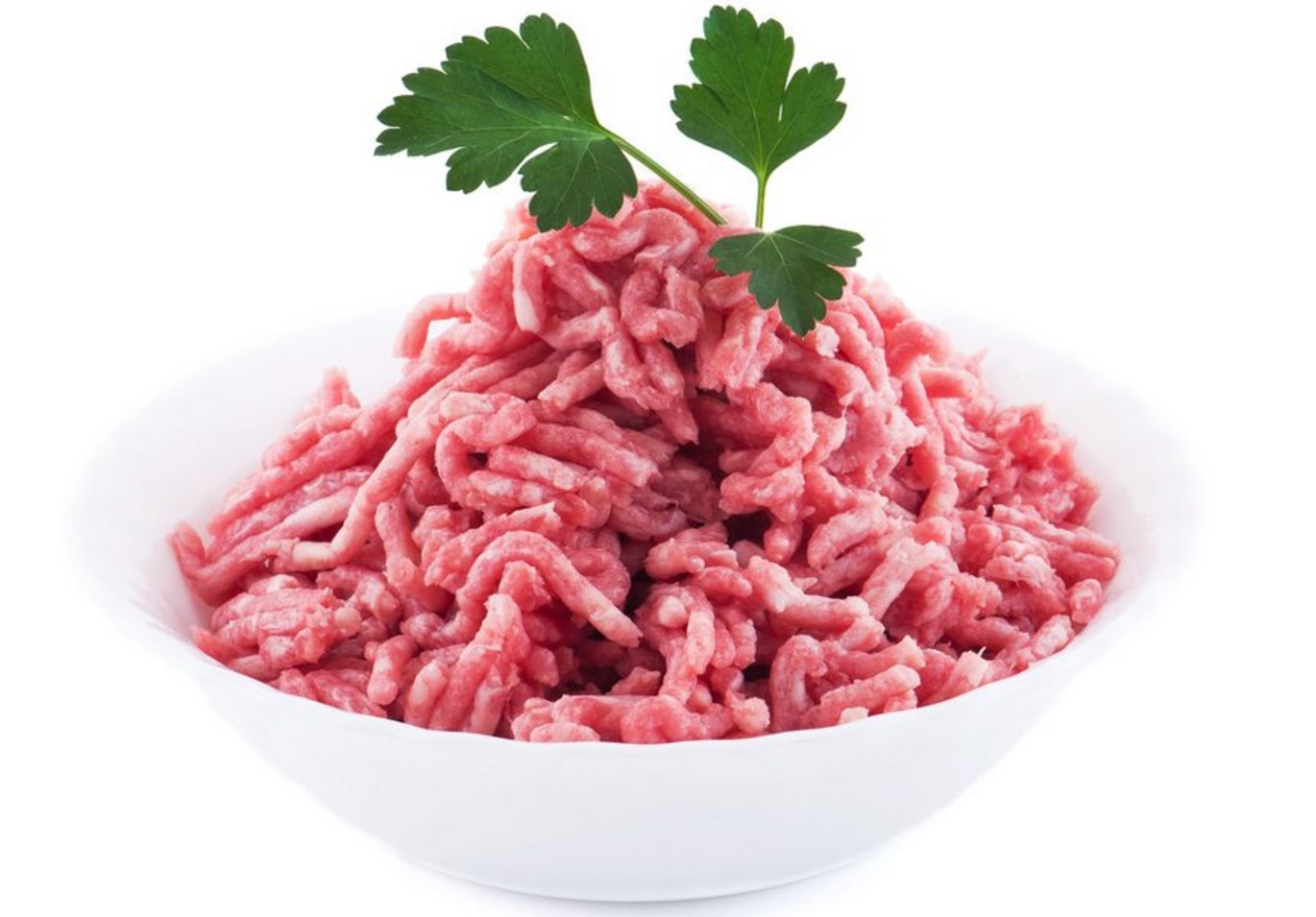Aarhus University gathers Nordic competencies within cultured meat
The Nordic region possesses considerable knowledge about laboratory-produced cultured meat, but there is a need for greater cohesion between research and production. An online workshop held recently gathered stakeholders from all over the Nordic region to develop the area. The NKJ network “Cultured meat – Nordic Take” led by Department of Food Science at Aarhus University was responsible for the event.

Presently there is a huge development within the production of cultured meat, which is cultured in bioreactors based on cells taken from animals. Cultured meat is also referred to as e.g. in vitro meat and lab-grown meat and is included under the new term of cellular agriculture. Calculations based on preliminary research production show that cultured meat has a significantly lower impact on the climate and environment than meat from living animals.This new form of meat is not available to consumers in Europe yet, but much research is being carried out in this area.
The USA, Israel and the Netherlands in particular are leading the way in the development of this new concept of meat production, but there is also a lot of knowledge in the field in the Nordic region, and at Aarhus University, it is believed that a major potential exists in the Nordic countries.
Climate-conscious consumers show interest
The Department of Food Science has started the Nordic network “Cultured Meat – Nordic Take” on cultured meat, which is supported by the Nordic Joint Committee for Agricultural and Food Research (NKJ). This month, they held an online workshop where interested parties met and gained new knowledge in the area. Around 200 stakeholders from all over the Nordic region participated in the webinar, and among them were researchers from universities, companies, entrepreneurs, students and investors.
- We have a lot of knowledge in the Nordic region, and the task now is to initiate a production process. We are currently at the stage where significant initiatives are beginning. There was consensus at the workshop that even though the Nordic region have not to date taken a lead position in the area, it is still possible to align and secure momentum. We have the needed competencies, multidisciplinary research, high-tech production, many biotech companies and a high level of education in the Nordic countries. We also have consumers who are very environmentally and climate-conscious, and we can see that the most important incentive for consumers in choosing cultured meat is climate considerations, says Jette Feveile Young, Associate Professor at the Department of Food Science at Aarhus University and head of the network "Cultured Meat-Nordic Take".
The expectation is that, within a few years, it will be possible to buy cultured meat at the high-end of the market, such as gourmet restaurants.
Synergy between meat alternatives
Jette Feveile Young noted that the interest in cultured meat is increasing because of society's major focus on sustainability, specifically the impact of food production systems on climate, and she expects that cultured meat may be a "second wave" after plant-based meat.
- For some consumers, cultured meat will be an easier acceptable alternative than the plant-based meat. In addition, there are factors such as taste and the juiciness that are easier to achieve with meat than plant-based alternatives. Cultured meat will also have some nutrients that are not found in plant-based products, but are essential for nutritional requirements, she says.
She points out that a next step may be to make a hybrid between plant-based meat alternatives and animal cells, and considers cultured meat and plant-based meat as supplements to each other. She also sees the synergy between established agriculture and the new type of food production systems.
- There is a need for ingredients from food production and cells from living animals to grow the meat in bioreactors. We have to co-exist and learn from each other, says Jette Feveile Young.
Looking forward to legislation
Legislation is also an ongoing challenge of this new production of cultured meat, and currently no EU legislation exists in this area. This can make it difficult for small companies to progress, and the network hopes that legislation will soon be developed and implemented. Singapore was the first country to approve the first type of production of cultured meat.
Start-up of joint development
Among the participants in the webinar, there was great optimism and curiosity about each other's competencies.
- I hope that our webinar created a common understanding of the players in this particular area, and that contacts have been made across the community. We need further interaction and alignment between the academic environment and companies, says Jette Feveile Young.
Several events about cultured meat are in the pipeline, and the Department of Food Science will continue the work within the Nordic network.
The network created a LinkedIn group “Cultured meat – Nordic take” which stakeholders are invited to join for future networking and sharing of relevant material.
| Additional information | |
|---|---|
| Funding | The network “Cultured Meat – Nordic Take” is supported by the Nordic Joint Committee for Agricultural and Food Research (NKJ) |
| Cooperation partners | Find cooperation partners of the network on this website |
| Read more | AU FOOD accelerates the development of cultured meat within the framework of a new Nordic network The webpage of the network ”Cultured Meat – Nordic Take” |
| Contact | Jette Feveile Young, Associate Professor, AU FOOD - Department of Food Science, Aarhus Universitet - Email: jettef.young@food.au.dk - Phone: 2230 7518 |
